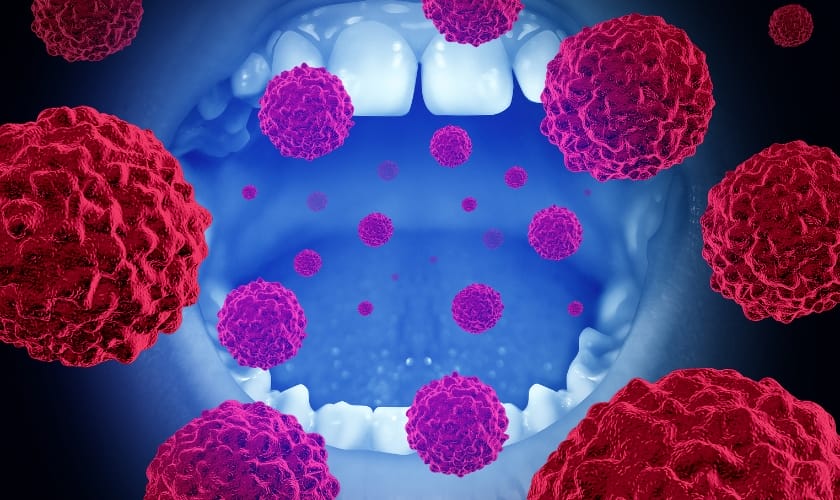Oral cancer, though not as common as some other forms, can be a serious health threat. Early detection is critical for successful treatment and improving survival rates. This is where regular oral cancer screenings come in – a simple and painless procedure that can potentially save your life.
The Importance of Early Detection
Oral cancer refers to the development of abnormal cells in the mouth. These cells have the potential to multiply rapidly and invade surrounding tissues. Early detection is crucial because when caught in its early stages, oral cancer is highly treatable with a much higher success rate. The American Cancer Society states that the five-year survival rate for oral cancer detected at a localized stage (meaning it hasn’t spread) is over 80%. However, if oral cancer progresses to a later stage, the survival rate drops significantly. This emphasizes the importance of getting screened regularly.
How Oral Cancer Screenings Work
Oral cancer screenings are typically performed by a dentist during your regular dental check-up. The process is quick and painless. Here’s what you can expect:
- Visual Examination: The dentist will visually examine your mouth, tongue, cheeks, gums, and the roof and floor of your mouth. They will be looking for any unusual changes in color, texture, or size, such as sores, lumps, or white or red patches.
- Palpation: The dentist will gently feel your neck and lymph nodes for any swelling or tenderness, which could be a sign of cancer spread.
In some cases, additional tests might be recommended if something suspicious is found. These may include:
- Biopsy: A small tissue sample is taken from the abnormal area and examined under a microscope to determine if it’s cancerous.
- Imaging Tests: X-rays, CT scans, or MRIs may be used to get a more detailed view of the area and see if the cancer has spread.
Benefits of Early Detection
Early detection of oral cancer offers several advantages:
- Increased Treatment Options: When cancer is caught early, it’s usually smaller and hasn’t spread to other parts of the body. This allows for a wider range of treatment options, such as surgery, radiation therapy, or chemotherapy. These treatments are often less invasive and have a higher success rate when the cancer is localized.
- Improved Treatment Outcomes: Early detection allows for prompt treatment, which can significantly improve the chances of a complete cure and reduce the risk of complications. Early treatment also often leads to better cosmetic outcomes and a faster recovery time.
- Enhanced Quality of Life: Early diagnosis and treatment can help preserve your quality of life. Extensive surgeries or aggressive treatments needed for advanced stages can significantly impact your ability to speak, eat, and swallow. Early intervention can help minimize these effects.
- Reduced Healthcare Costs: Early detection and treatment of oral cancer are generally less expensive than treating advanced stages, which often require more complex and expensive procedures.
Who Should Get Screened?
The American Cancer Society recommends that everyone over the age of 18 get screened for oral cancer regularly. However, certain factors can increase your risk, making it even more important to get screened:
- Tobacco Use: Smoking, chewing tobacco, and smokeless cigarettes significantly increase your risk of oral cancer.
- Heavy Alcohol Consumption: Excessive alcohol consumption, especially when combined with tobacco use, can dramatically elevate your risk.
- Human Papillomavirus (HPV): HPV, particularly HPV16 and HPV18, is increasingly linked to certain types of oral cancer, especially oropharyngeal cancer (cancer of the tonsils and back of the throat).
- Sun Exposure: Excessive sun exposure to the lips can increase the risk of lip cancer.
- Weakened Immune System: Individuals with a weakened immune system, due to conditions like HIV/AIDS or medications that suppress the immune system, are at a higher risk.
Risk Reduction Strategies
While there’s no guaranteed way to prevent oral cancer, you can significantly reduce your risk by:
- Quitting Tobacco: If you use tobacco products, quitting is the single most important step you can take to lower your risk.
- Limiting Alcohol Consumption: Moderate alcohol consumption is recommended.
- Vaccination: The HPV vaccine can help protect against HPV-related oral cancers.
- Sun Protection: Use sunscreen with SPF 30 or higher to protect your lips from the sun.
- Maintaining Good Oral Hygiene: Brush your teeth twice a day, floss daily, and visit your dentist for regular checkups and cleanings.
- Healthy Diet: Eat a balanced diet rich in fruits and vegetables, which can provide essential vitamins and antioxidants.
Oral cancer screenings are a vital tool for early detection, which is crucial for successful treatment and improving survival rates. If you haven’t had an oral cancer screening in a while, schedule an appointment with your dentist today. It’s a quick and painless procedure that could potentially save your life. Remember, early detection is key!
Perform Self-Exams Regularly
In addition to regular screenings, you can also perform self-exams at home to monitor your oral health. Be aware of any changes in your mouth and look for signs and symptoms like:
- Mouth sores that don’t heal within two weeks
- Red or white patches on the gums, tongue, or inner cheeks
- Lumps or bumps in the mouth or neck
- Loose teeth or changes in your bite
- Difficulty chewing, swallowing, or speaking
- Hoarseness or changes in your voice
- Numbness in the mouth or tongue
If you experience any of these symptoms, don’t hesitate to schedule an appointment with your dentist to get checked out. Early detection is the best defense against oral cancer.
By taking a proactive approach to oral health, including regular screenings, self-exams, and maintaining healthy habits, you can significantly reduce your risk of oral cancer and live a long, healthy life.

